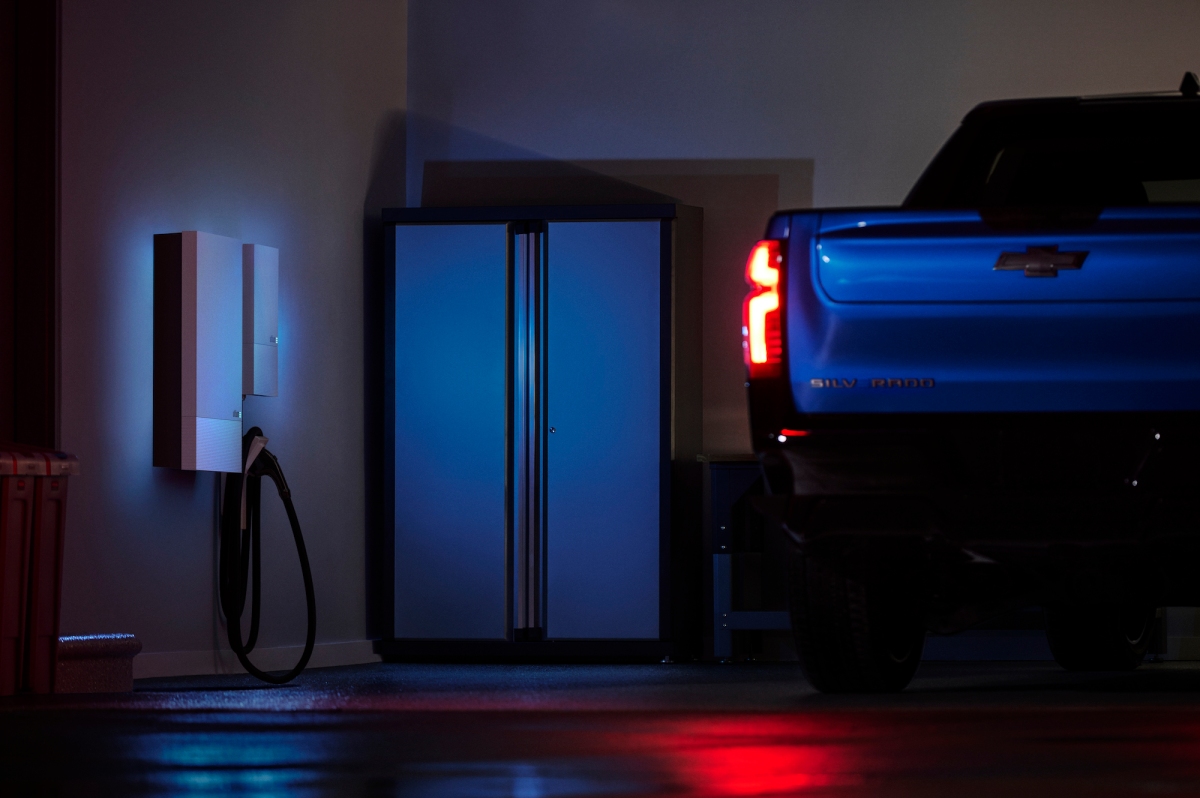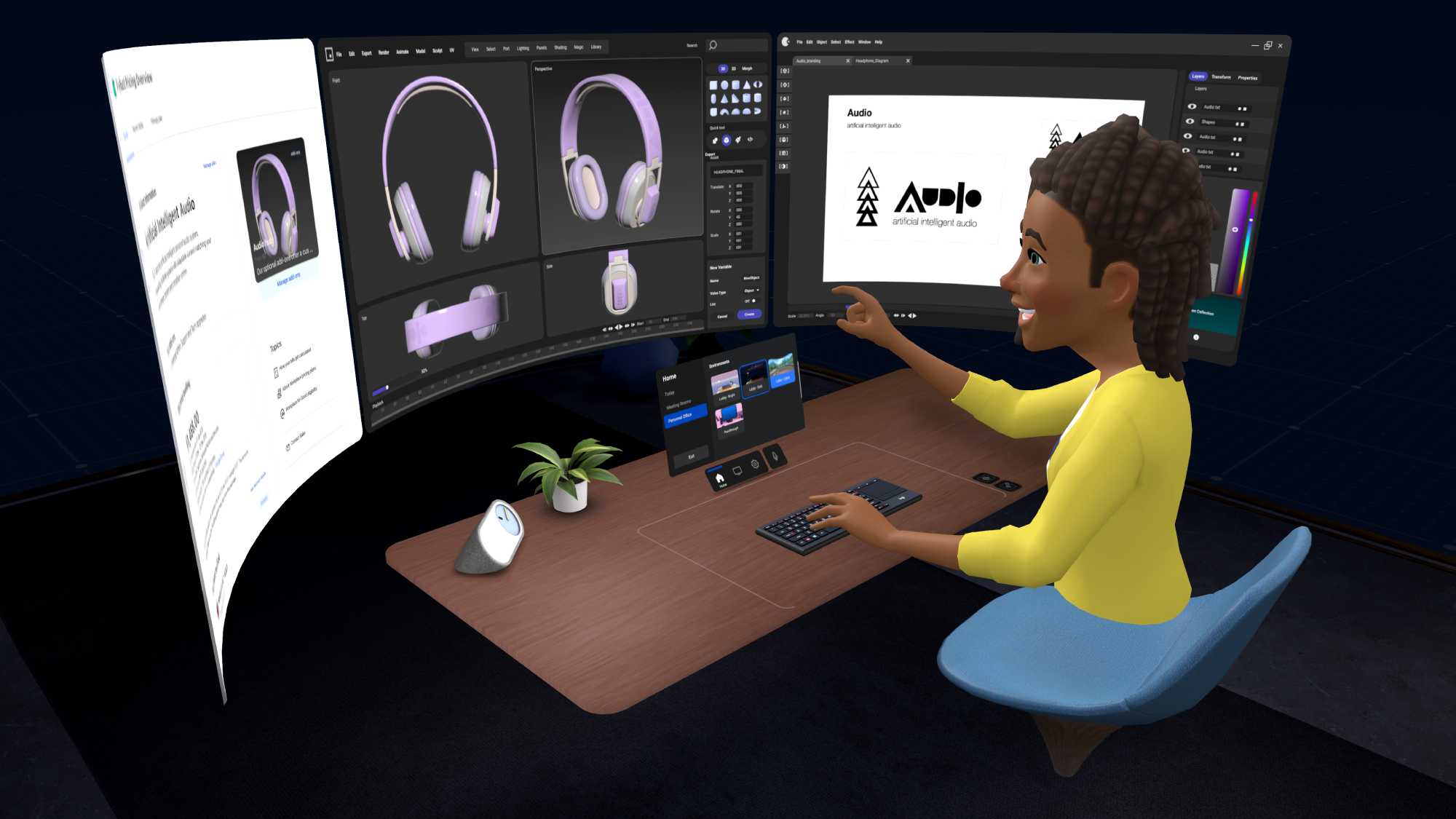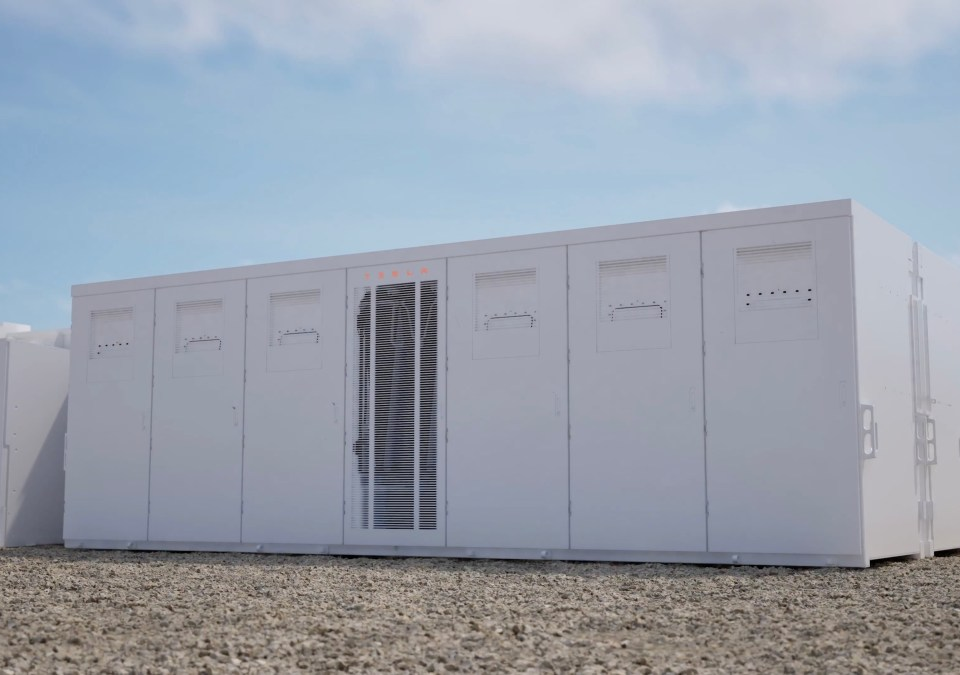
GM is in the energy business now
October 12, 2022
Metalenz ships millions of its tiny cameras and powers up with $30M B round
October 12, 2022
Meta keeps saying VR is the future, but everything it shows us is an inferior rehash of the things we already have. Its event today was, between assurances that everything is great in the Metaverse, a collection of tacit admissions that the best they can hope to do is ape a reality we are all desperately trying to leave behind.
The silliest example of this is the new capability to enter a Meta VR environment through an embed on a website. This was described as perhaps the first way many people will experience a virtual environment.
It’s hard to know where to start with this notion. With the no doubt internally depressing acceptance that $1,000 VR hardware doesn’t scale well and most people can’t be bothered to try it? With the idea that a shared 3D environment is a new experience? Or that this is something that people actually want to do?
Of course people have shared virtual environments for decades. When it’s viewed on a regular monitor, it’s no different than Second Life or World of Warcraft, or any other of the popular games and platforms that have come and gone (and come again) over the years. The difference is those had a reason to exist: being a game you can progress and share hundreds of hours of unique experiences in, for instance.
Meta’s environment is just that: an environment. It’s hard to imagine why anyone would want to join via this web interface unless they had no other option, like if the meeting was only being held in VR. But of course Meta has had trouble even getting its own employees to do that.
Meanwhile most people in the world are waiting for VR to be worth the price of a gaming console or laptop. Today’s presentation didn’t really make much progress there.
In fact there was an alarming and baffling reiteration of an idea that I thought we left behind a long time ago: a virtual desk.

Image Credits: Meta
This concept has been cursed for decades, since the most notable failure in the domain: the infamous Microsoft Bob. Meta has very unwisely recreated Bob, a virtual desktop, in ways that have no benefits whatsoever. You can have a worse experience reading emails or a worse video call, or play games and watch movies on a worse screen.
Notably there was very little showing what working at a virtual desk would actually look like, because most of the things people take for granted — effortless multitasking, quick switching between cursor and typing, easy compatibility with apps and websites — don’t exist in VR. Sure, they’re partnering with Microsoft and Accenture and so on, but even so, would Slack or Teams be better in VR or worse? Like nearly everything, the answer is worse.
Virtual meetings with everyone around a virtual office table sound like a nightmare to me. The most telling piece was the admission that the subtleties of human expression are important to communication — someone’s unique smile or posture, a moment of eye contact when the boss flubs a line in a presentation.
Their solution is, like nearly everything Meta does, technically impressive and completely misguided. The new headset tracks facial expressions and gaze, meaning it can replicate these in a decent way in a virtual environment on your new avatars with legs and everything.
But it’s so plainly a poor recreation of the real thing, and video calls — for all the issues they have — are actually quite good at catching those little expressions and moments. VR meetings with the expression-tracking tech may be better than VR meetings without, but any VR meeting is still a huge pain in the ass that no one, including the faithful at Meta, would do regularly if they had a choice.
Not only that, but working long term within VR doesn’t make sense in most ways, as Meta again admitted without explicitly saying so. The new Quest Pro headset actually has removable eye cups so you can see the real world in your periphery, in order to take some notes, grab your coffee and so on. They literally cut holes in the headset so you could do normal things that ought to be possible with their much-vaunted mixed reality.
Fortunately you won’t have to worry about that because the battery life is very limited. Even if your boss wanted you to be in virtual meetings all day, the headset would conk out before lunch.
Isn’t the entire world trying to think past the idea of the office, of the meeting-filled workday, of the traditional form of work that’s essentially a relic of the postwar era? Why would anyone want to cling to these paradigms, unless they had no ideas about what actually comes next?
It’s funny because VR is such a powerful technology, as anyone who has used it even once can attest. But Meta, its biggest proponent, doesn’t seem to know what to do with it beyond “what you already do, but worse.” So little of what it showed today suggested the future, and so much clawed at the past to find a crack into which to inject VR — hoping someone, somewhere might agree with them that appearing as a VR avatar in Zoom is something that makes sense.
“Is it this? Is this the killer app for VR?” they seem to be asking. Needless to say it isn’t. And judging from the company’s inability to innovate at a large scale over the last several years, it may not be capable of finding it.
Meta’s vision for the future of VR is a worse version of the past by Devin Coldewey originally published on TechCrunch




